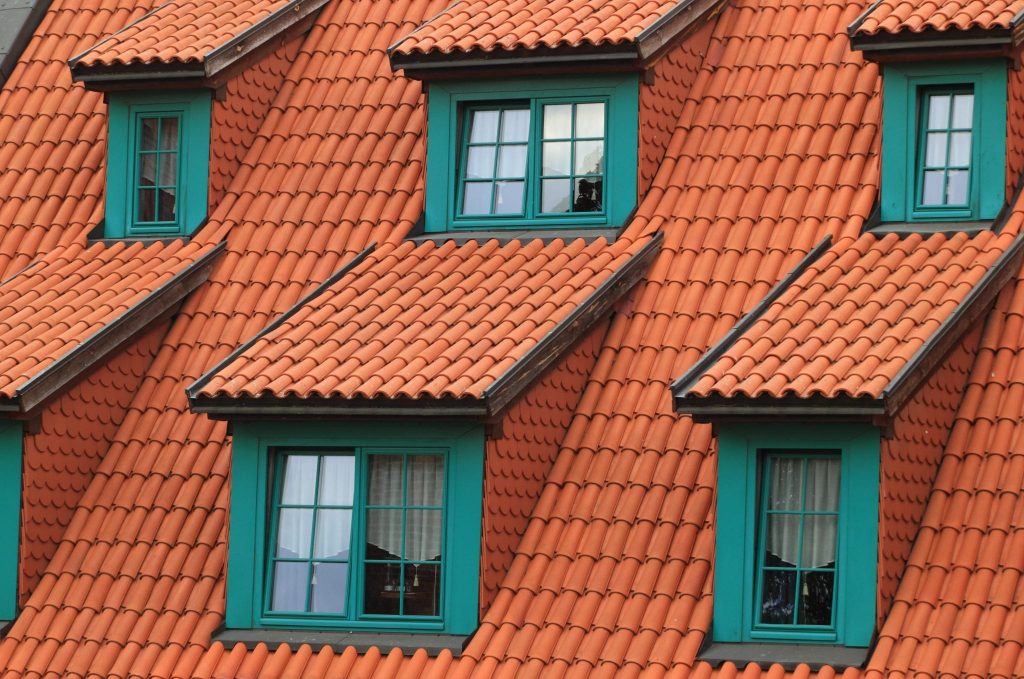
During the thermal insulation of housing, special attention is paid to the roof, as though it flows the greatest amount of heat. Therefore, the materials used to insulate this part of the building must meet certain physical and mechanical standards to not only minimize heating costs but also to ensure a comfortable microclimate inside, regardless of the season. One of the most popular roof insulation is mineral wool.
Mineral wool for roof insulation is considered ideal for several reasons:
- the basis of the material are rocks or basalt;
- has a low degree of thermal conductivity;
- has excellent insulation performance;
- characterized by non-flammability – the fibers of the material are resistant to open flames.
The average service life of a thermal insulation layer of mineral wool is 50 years. It can be used for both pitched and flat roofs – low specific weight does not place a load on the load-bearing structures, and the convenient form of release (plate or roll) allows you to use mineral wool for roofs of various complexity and configuration.
What to consider when choosing insulation for the roof
Before you buy mineral wool for roof insulation, you should familiarize yourself with the key characteristics:
- the material must be vapor-permeable, with low water absorption – accumulation of moisture can provoke the appearance of pathogenic microorganisms and disturbance of the microclimate in the premises;
- mineral wool must have high compressive strength – in the operation of the roof there are many extreme situations when each structural component depends on the integrity of the roof;
- the elasticity of mineral wool determines the ability of the material to restore its original shape after deformation as a result of mechanical loads.
The advantages of mineral wool for the roof are versatility, good performance, attractive price. The cost is determined by the density, type, and thickness of the material.
Picture Credit: Unsplash
